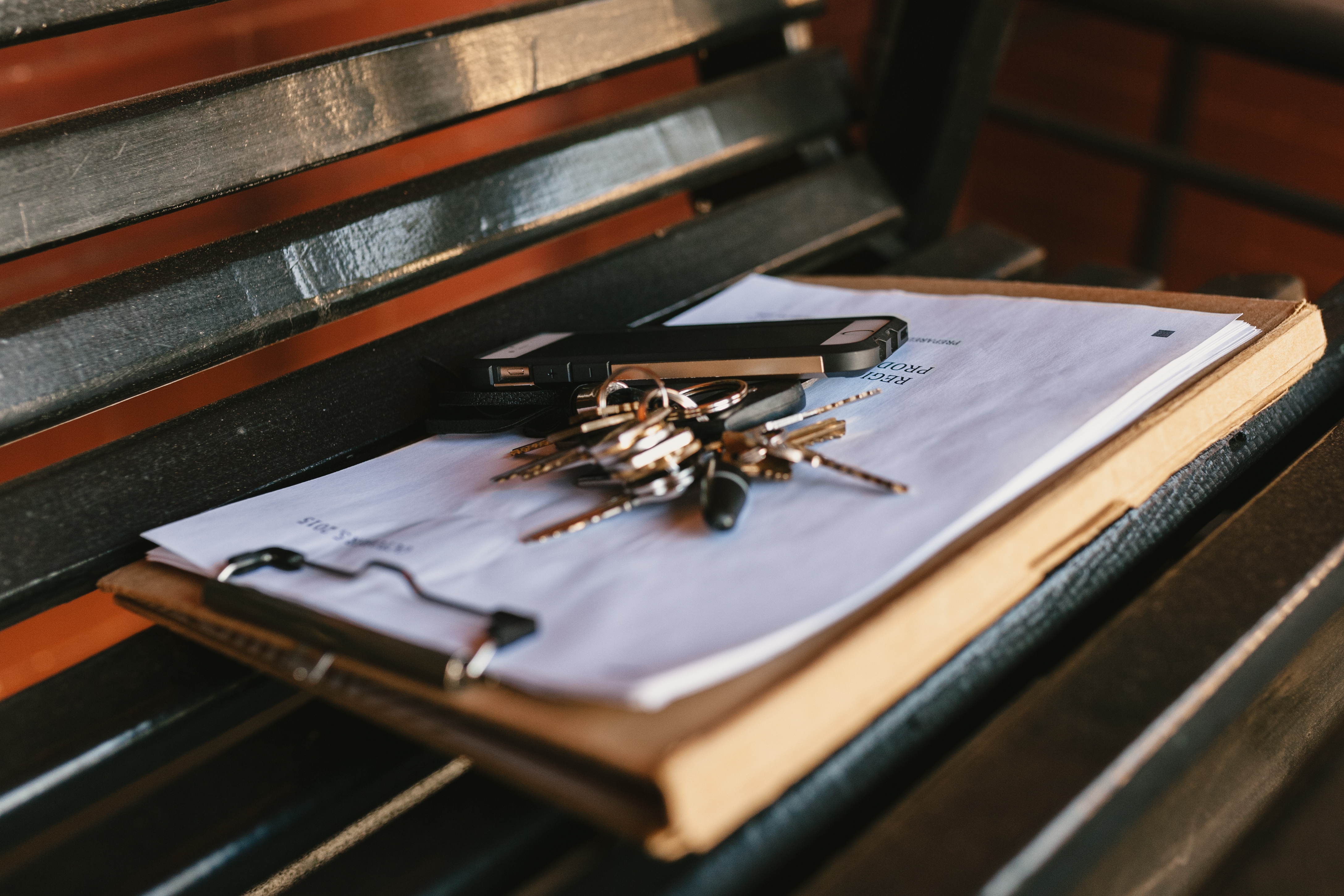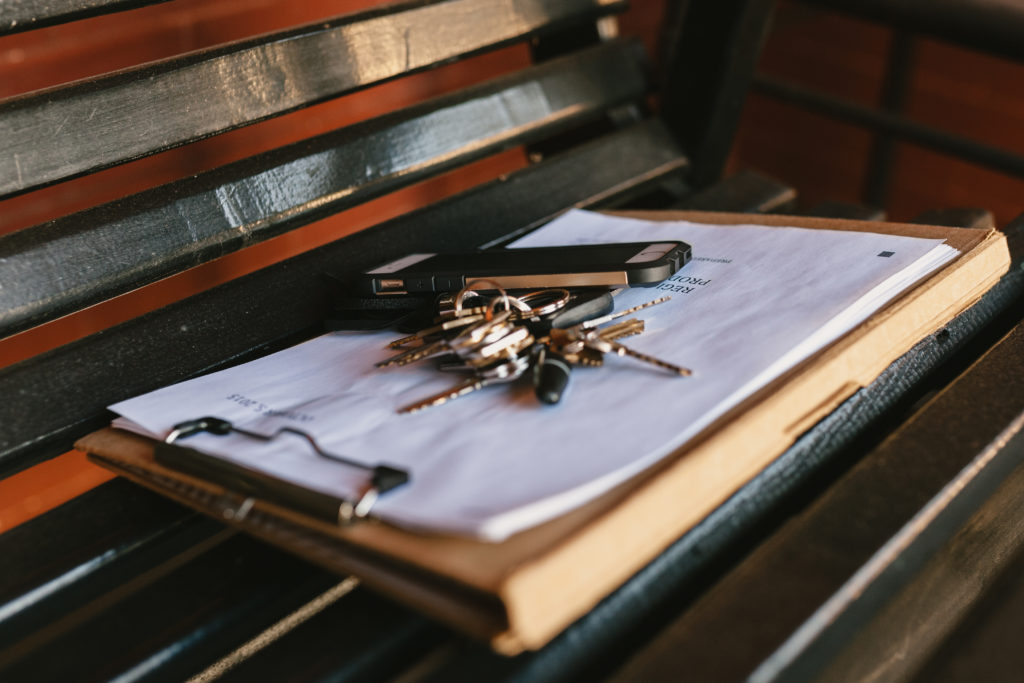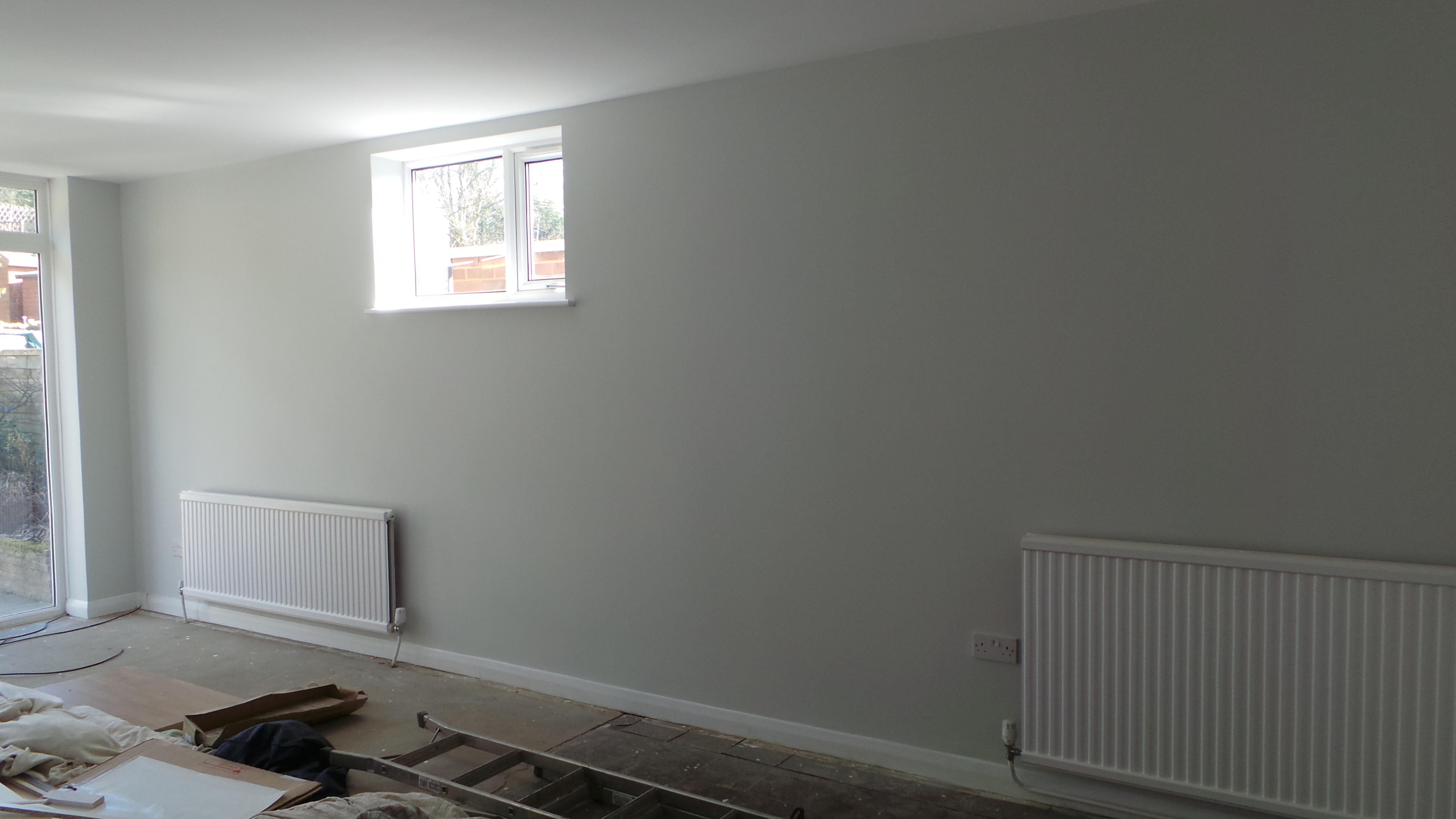Tips from a first time Landlord

Buying property is one of the most stressful and most rewarding challenges in life. When my husband and I bought our flat in London in 2012 there were a few bumps along the road, like being a couple of days away from being homeless while waiting for the council to sort something out, but I can happily say that I am very happy we took the plunge and got started on the property ladder.
We lived happily in our little two bedroom flat in zone 2 for 3 years before my Grandfather sadly had to move into a nursing home and his three bedroom bungalow in Kent, just down the road from my parents, was empty. On behalf of my Grandfather my Mother decided to do up the bungalow in order to rent it and make some money to go towards my Grandfather’s care fees. After much discussion my husband and I decided that we wanted to move to the countryside and escape the hustle and bustle of London for a more relaxed way of life and so we upped sticks and moved into the bungalow.
Of course that meant that our flat needed new occupants to help us make ends meet when it came to paying the mortgage and our rent in Kent. Luckily we were able to find a good local agent who helped us along the way of becoming a first time landlord and we have not had any major problems with our tenants since we let it out in April 2015. We certainly had to learn as we went along and so when Homelet asked for us to share some of our top tips and experiences from our first 12 months of renting out our flat to help anyone out there thinking about becoming a first time landlord I was happy to do so.
Preparing your finances
There are a few things you need to remember when you rent out any property that you own. Firstly you need to make sure that your mortgage provider allows you to rent our your home with your current mortgage. It is common to have to change to a buy to let mortgage which may have cost implications, however, the implications of not being on the right mortgage can be a lot worse! We were lucky with our mortgage as we were able to seek permission to rent our flat which was approved, so we did not have to change our mortgage. If you are providing furniture it’s best to have contents insurance in place just in case. Don’t forget you will also have to take a look at any insurance you have for the property to make sure it is suitable and look at upgrading to landlord’s insurance.
Preparing the property
As a landlord you need to ensure that the property and everything inside it is safe. You should get PAT (Portable appliance testing) done for any electronic items you leave in the property such as washing machines, dryers, fridges etc as well as ensuring any gas in the property is safe. Landlords must provide fire alarms, it’s best to get these wired into the mains of the property to ensure no problems with batteries for peace of mind. For any solid fuel burners you will need carbon monoxide detectors. Our flat does not use gas or solid fuel, so we made sure that the electronics were checked and mains connected fire alarms were installed. Find more information on this page about landlord obligations.
Doing it yourself vs. finding an agent
There are two options when considering management of the property, you can either do it yourself or hire an agent to do this for you. Of course there are pros and cons to both these options, the main one being around cost. It is perfectly acceptable for you to manage your property without outside help should you wish to, of course this is the cheapest option. This means you will be responsible for finding and vetting tenants, putting contracts in place, managing the deposit and collecting the rent, fixing any problems in the property etc. This can be hard work, but if you have the time and know-how then this could be the best option for you.
You will need to pay someone else to manage the property for you if you don’t feel you are able to do it yourself and most agents will have a number of options available from minimal management up to full management with each option having a different price, usually a percentage of the rent. As first time landlords we decided that we would need some help with finding and vetting tenants as well as making sure proper contracts were in place and the deposit was properly looked after. However, we didn’t feel the need for full management services and so went for a middle of the range package where we are responsible for the day to day management of the house (solving problems, collecting the rent) but have the support of the agent when required.
If you are opting to find an agent, use Rent Round to compare property manager fees. Rent Round also allows landlords to compare property manager services, ratings & locations. The comparison service is completely free for landlords
We were glad to have the support of our agent when one of our original two tenants decided she wanted to move out. The agent informed us that there was a break clause and that the tenant in question would have to find a replacement before she could leave, otherwise she would still be liable for the rent. Luckily she was able to find a replacement tenant who passed the agent’s checks and the transition went smoothly. This arrangement has worked well for us, so take the time to review all the options and go for what best suits your lifestyle and your financial obligations.
I hope I have given you a few things to think about. Being a landlord is very rewarding, but it can also be hard work! Be sure to do all the due diligence before going ahead to make sure you have it all in control.







